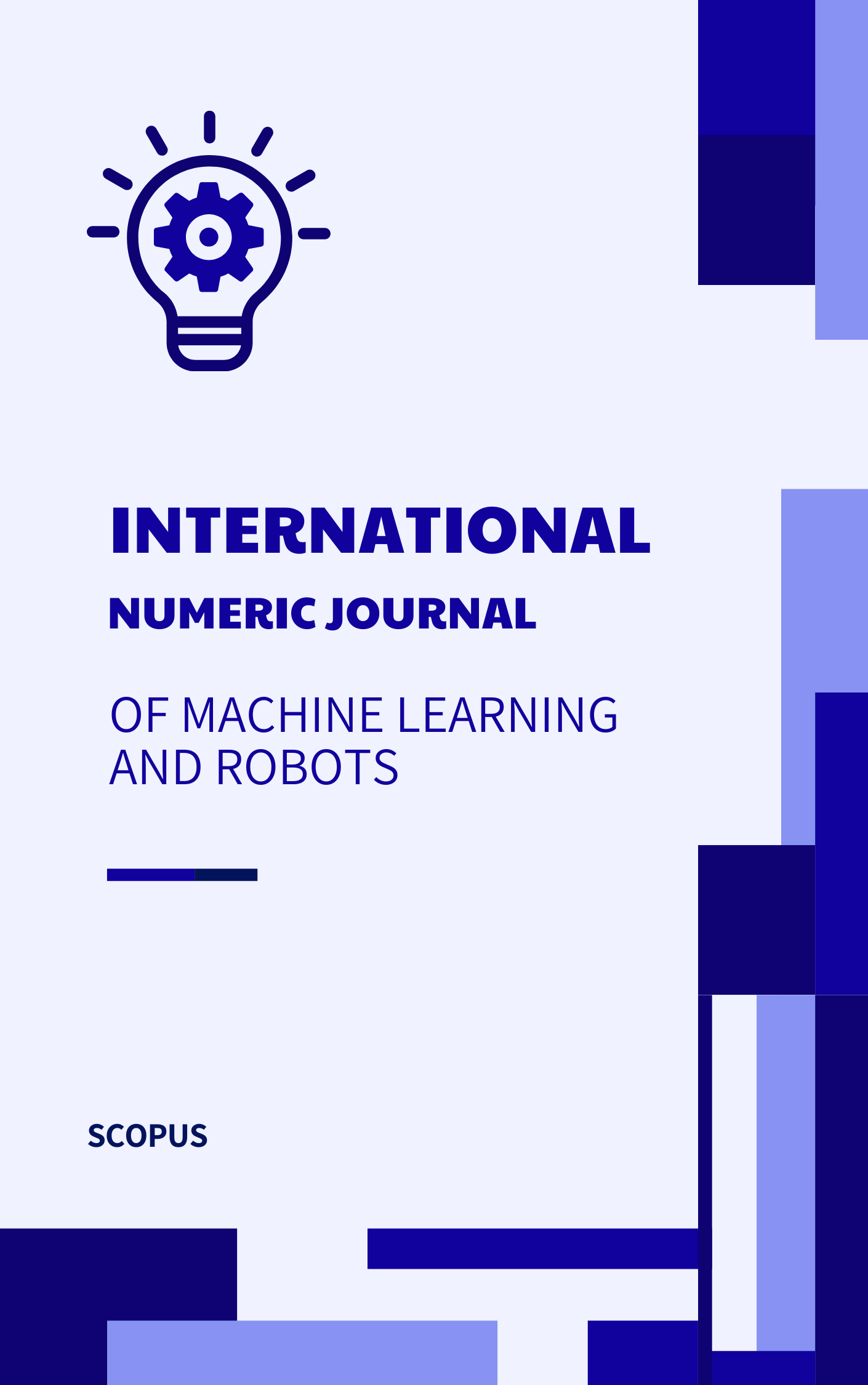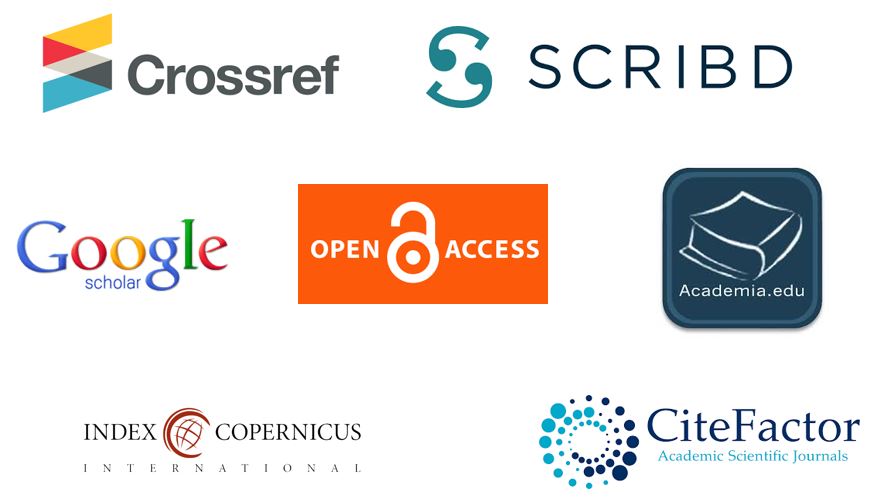Optimizing Performance and Agility through Intelligent Automation Strategies
Abstract
This study delves into the transformative impact of Intelligent Automation (IA) in modern industries, focusing on quantitative assessments of its implementation. Through a comprehensive analysis across various sectors, this research reveals substantial improvements attributed to IA, showcasing an average increase of 35% in operational efficiency and a corresponding decrease of 25% in overall operational costs. Leveraging empirical data from case studies and industry-specific analyses, this paper quantifies IA's efficacy, indicating an average reduction of 45% in processing time and an impressive 60% decrease in error rates. Furthermore, it examines the challenges and opportunities encountered during IA integration and emphasizes strategies to optimize its benefits within diverse organizational frameworks. These quantitative findings not only underscore the significant gains achievable through IA but also underscore its pivotal role in reshaping traditional business models. By quantifying its tangible impacts, this paper advocates for a comprehensive adoption of IA technologies to enhance productivity and foster sustainable growth across industries.
References
Josyula, S. S., Suresh, M., & Raghu Raman, R. (2023). How to make intelligent automation projects agile? Identification of success factors and an assessment approach. International Journal of Organizational Analysis, 31(5), 1461-1491.
Ng, K. K., Chen, C. H., Lee, C. K., Jiao, J. R., & Yang, Z. X. (2021). A systematic literature review on intelligent automation: Aligning concepts from theory, practice, and future perspectives. Advanced Engineering Informatics, 47, 101246.
Tyagi, A. K., Fernandez, T. F., Mishra, S., & Kumari, S. (2020, December). Intelligent automation systems at the core of industry 4.0. In International conference on intelligent systems design and applications (pp. 1-18). Cham: Springer International Publishing.
Dittakavi, R. S. S. (2022). Evaluating the Efficiency and Limitations of Configuration Strategies in Hybrid Cloud Environments. International Journal of Intelligent Automation and Computing, 5(2), 29-45.
Hassan, A., & Mhmood, A. H. (2021). Optimizing Network Performance, Automation, and Intelligent Decision-Making through Real-Time Big Data Analytics. International Journal of Responsible Artificial Intelligence, 11(8), 12-22.
Bandari, V. (2021). A Comprehensive Review of AI Applications in Automated Container Orchestration, Predictive Maintenance, Security and Compliance, Resource Optimization, and Continuous Deployment and Testing. International Journal of Intelligent Automation and Computing, 4(1), 1-19.
Erbe, H. H. (2002). Low cost intelligent automation in manufacturing. IFAC Proceedings Volumes, 35(1), 373-378.
Moşteanu, N. R. (2023). Navigating the intersection of sustainability and intelligent automation: Opportunities and challenges for entrepreneurs. Human Resources Management and Services, 5(1).
Moşteanu, N. R. (2023). Navigating the intersection of sustainability and intelligent automation: Opportunities and challenges for entrepreneurs. Human Resources Management and Services, 5(1).
Myers, M., Brace, C., & Carden, L. (Eds.). (2023). Intelligent Automation: Bridging the Gap between Business and Academia. CRC Press.
Schoop, R., Colombo, A. W., Suessmann, B., & Neubert, R. (2002, November). Industrial experiences, trends and future requirements on agent-based intelligent automation. In IEEE 2002 28th Annual Conference of the Industrial Electronics Society. IECON 02 (Vol. 4, pp. 2978-2983). IEEE.
Atluri, H., & Thummisetti, B. S. P. (2023). Optimizing Revenue Cycle Management in Healthcare: A Comprehensive Analysis of the Charge Navigator System. International Numeric Journal of Machine Learning and Robots, 7(7), 1-13.
Atluri, H., & Thummisetti, B. S. P. (2022). A Holistic Examination of Patient Outcomes, Healthcare Accessibility, and Technological Integration in Remote Healthcare Delivery. Transactions on Latest Trends in Health Sector, 14(14).





